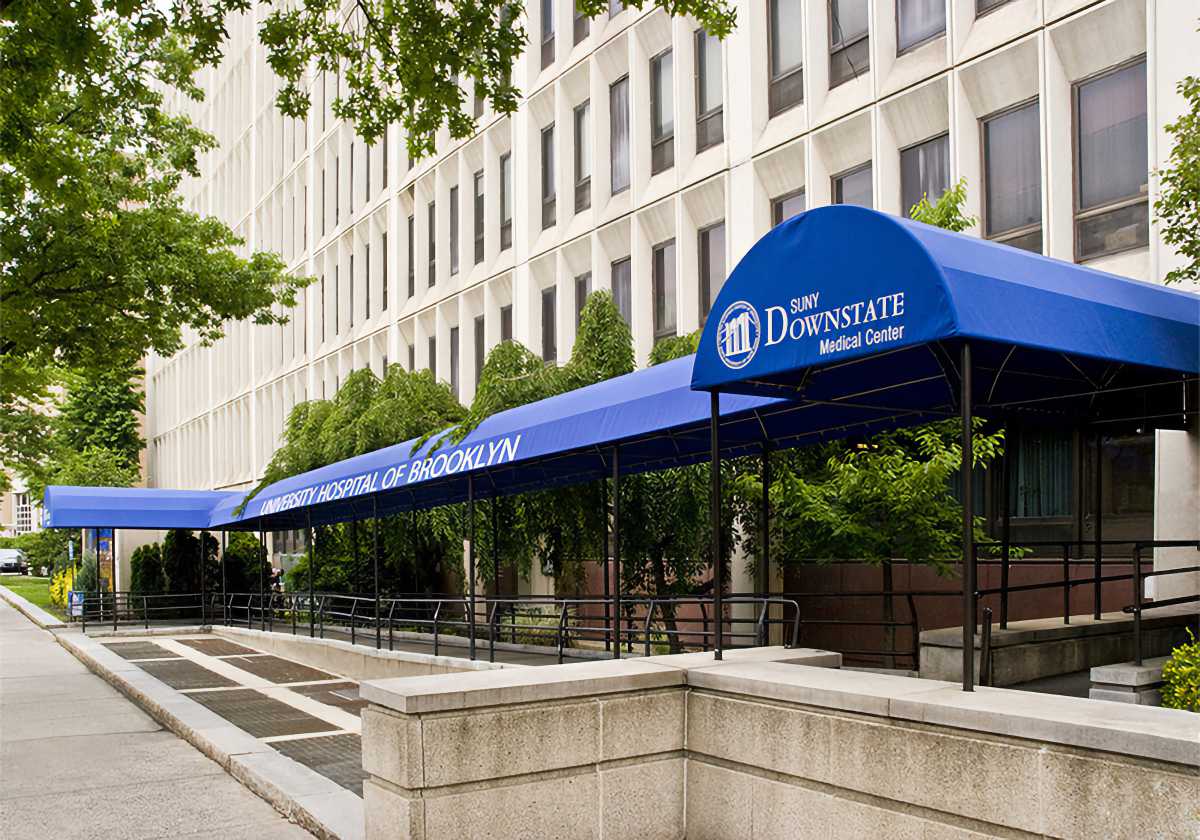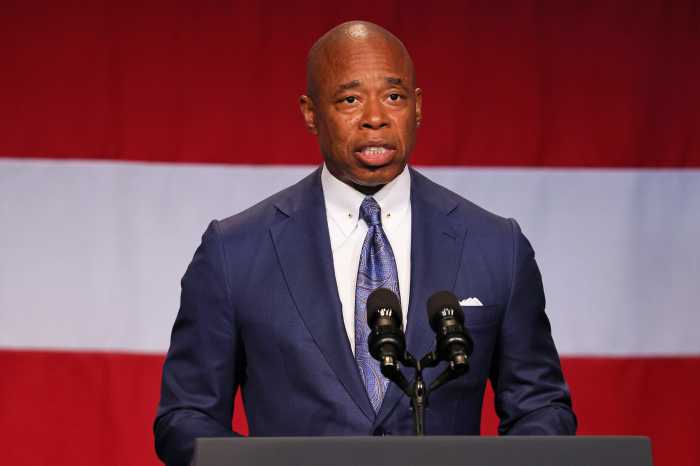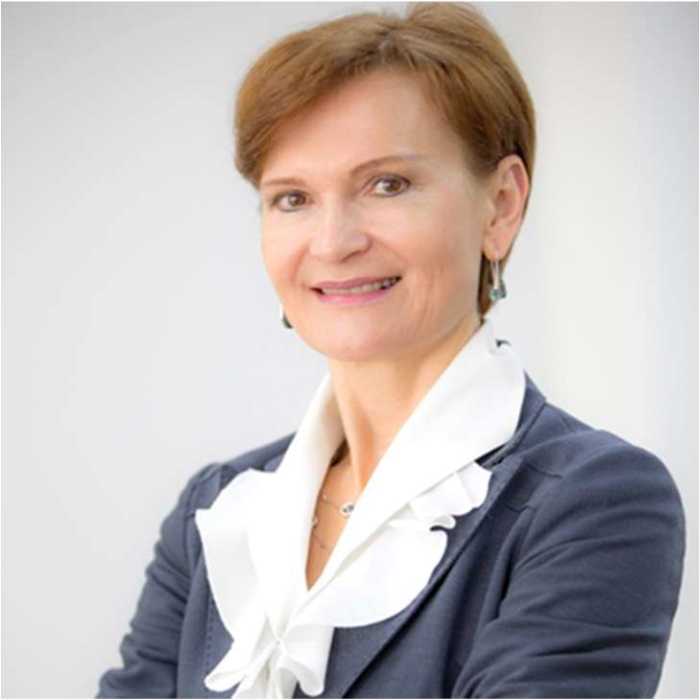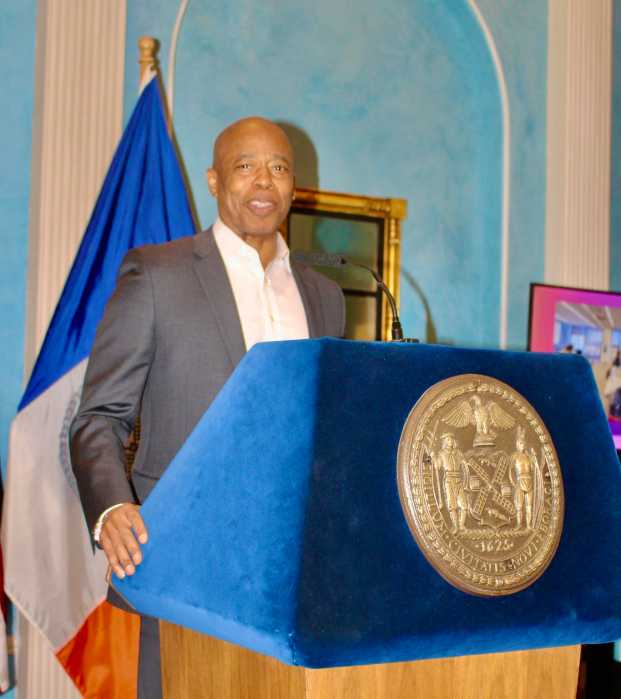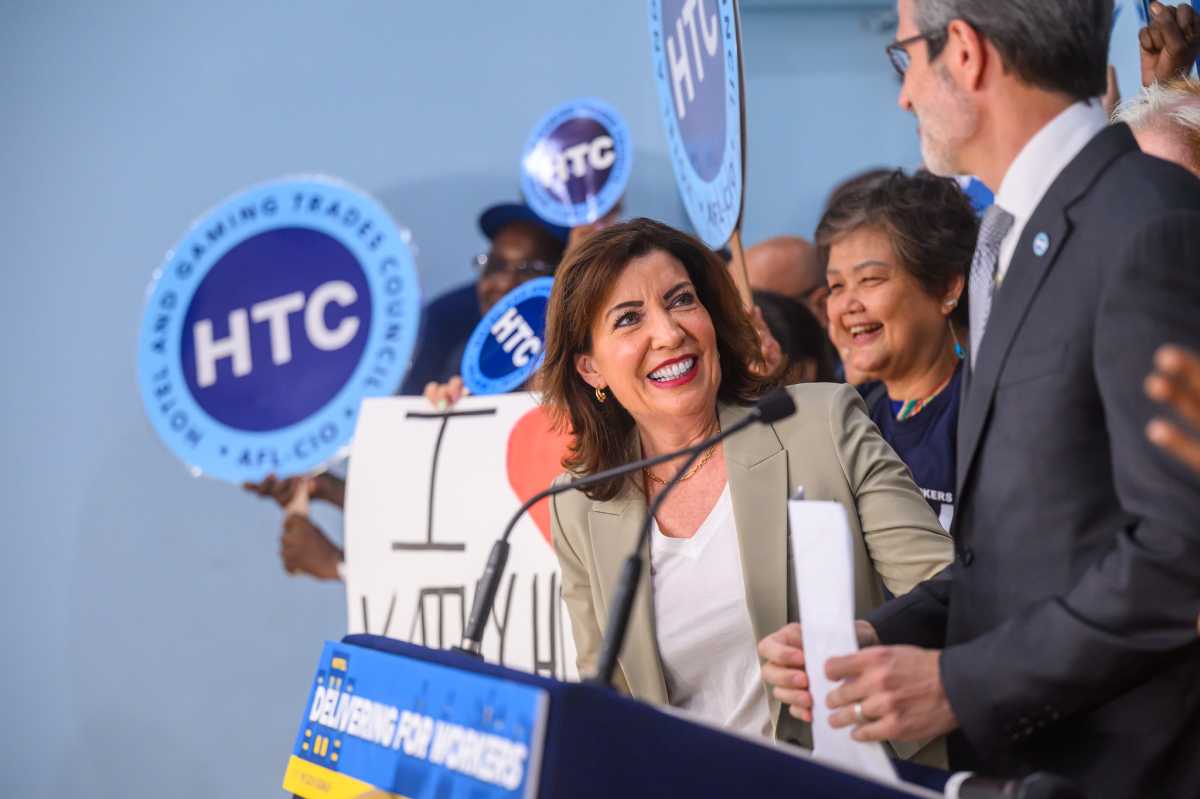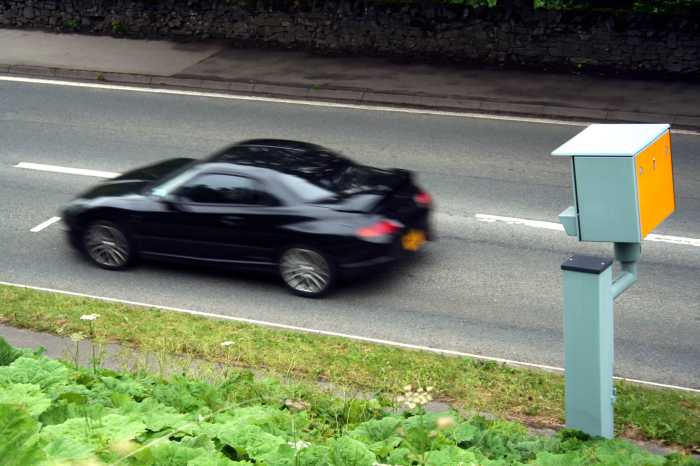We, the unified student body of Downstate Health Sciences University, wish to express our deep concerns over the proposed transformation of the University Hospital at Downstate (UHD). We wholeheartedly endorse the message published by our medical school’s department chairs earlier this month. As students, we wish to add to this message by expressing our fears about the future of our education.
The messaging surrounding the transformation of the UHD consistently emphasizes that the school will remain unaffected in this transformation. This is patently false. Any plan to close the hospital will have profound negative impacts on the education and professional outcomes of current and future students enrolled in all colleges at Downstate Health Sciences University. Closure of UHD will directly impact our: Foundational Education, Clinical Training, Research Prowess, and Professional Opportunities.
Foundational Education
The proposed closure of UHD not only threatens the practical aspects of our foundational education but also jeopardizes the fabric of our academic community. The faculty, many of whom are employed by or practice at the hospital, are integral to our education. We already face challenges with faculty preceptorship of essential educational modules such as thesis sponsorship, clinical clerkship, small-group learning, interactive lectures, and clinical skills training. Many of our educators chose Downstate for the opportunity to serve its unique community. Without a hospital to serve, their incentive to stay diminishes. We must also consider that the inpatient clinical staff, given vague assurances of job security, will seek employment stability elsewhere.
Physical proximity to our teaching faculty cultivates an environment where we can receive education outside of formal academic structures. If our faculty are dispersed due to the hospital’s closure, it will be impossible to maintain these critical learning experiences.
Reduced access to mentorship, shadowing, and networking will be an insurmountable barrier to our career development. This disruption to our foundational education is not merely a logistical concern, but a profound threat to the future of healthcare excellence that Downstate has long stood for.
Clinical Training
The closure of UHD casts a long shadow over our clinical training. UHD accounts for a substantial number of the available rotation spots in the core curricula in the College of Medicine, the College of Nursing, and the School of Health Professionals. Without our hospital, where will we find clinical training that prioritizes the education of SUNY students? Other affiliate institutions may not hold our education in the same regard, and the competition for rotation spots is fierce, especially when other schools offer financial incentives to hospitals for priority. The inpatient rotations at UHD comprise a necessary component of the education we pay for.
Downstate’s commitment to early clinical exposure is directly related to the success of the health care practitioners who call Downstate their alma mater. Many of these hands-on
learning experiences, which are critical in the early stages of our training, occur within our own hospital. Furthermore, direct access to hospital resources is paramount for the “self-starter” education we cherish. A physical connection between classroom and hospital buildings allows students unfettered access to shadowing and research opportunities, fostering an environment of proactive learning and discovery. The prospect of replacing such access with the clearance barriers faced at other institutions raises concerns about the future of our self-directed educational endeavors and the practical skills we gain from them.
Research Prowess
The vitality of Downstate’s research prowess is inextricably linked to the operational status of the University Hospital. Much of our clinical and translational research is rooted in the patient populations served by Downstate. Students across all schools are deeply committed to researching effective and equitable health care through a wide array of clinical studies, chart reviews, public health measures, and laboratory bench research.
Additionally, cutting-edge translational research conducted by and in partnership with inpatient clinical departments has historically brought a great deal of research funding to the University. Without a symbiotic relationship between educational departments and the hospital, we will lose access to attendings, residents, fellows, patients, patient samples, research equipment, and medical records, representing a dramatic loss in high quality research opportunities available to students in every program at Downstate.
As the landscape of clinical specialties grows increasingly competitive, and with USMLE Step 1 transitioning to a pass/fail system, research has become indispensable as the major way for students to distinguish themselves during their medical training, thus increasing the demand for research opportunities. This demand is already difficult to meet.
Closing UHD would likely hinder the recruitment of new faculty who might otherwise be attracted to Downstate to address health disparities and diseases that are core to our patient population. The remaining non-physician faculty would likely have increased teaching and administrative loads at the expense of their student mentees and research endeavors. Closing UHD and exhausting our already limited research resources would hurt students and faculty in every discipline.
Professional Opportunities
The reputation of Downstate trainees for their clinical prowess is recognized nationwide, a testament to the exceptional training they receive. Downstate students are known for becoming vital team members early in their education, contributing significantly to patient care. The proposed reduction of resources and closure of the hospital will strain an already taxed system, potentially compromising the quality of training and the future of our healthcare professionals. This will have a negative impact on residency prospects for medical students and job prospects for all students. In particular, this will harm many of us who are minority and first-generation students—over 50% of the student body (the highest
proportion by far among all NY medical schools)—who heavily rely on the institution for networking and mentorship.
University Hospital at Downstate represents an opportunity for graduates to continue intimately serving the community through their training, with Downstate physicians historically serving New York State in large numbers. The potential loss of residency spots through the hospital closure raises concerns about the continuity of care for patients and the availability of jobs for graduates. Positions at affiliate institutions cannot replace the cohesive training environment and diversity-centered values that Downstate prides itself on. The uncertainty surrounding Downstate’s future has already impacted our reputation, with current and future students and residents questioning whether the institution will
exist for the entirety of their training. Certain closure of the hospital would not only tarnish Downstate’s reputation as a school but also deter prospective students and residents who align with our mission statement, ultimately depriving our community of talented physicians who are dedicated to serving central Brooklyn. It is crucial that the State of New York recognizes the far-reaching implications of this closure, not just on the current student body but on the future of healthcare in our community and on all of New York State.
Call to Action
SUNY Chancellor King has called SUNY Downstate Health Sciences University the “gem of the SUNY system.” We plainly recognize the disconnect between the reverence held for our esteemed institution and this blatant attempt to deprive students—a cohort of future leaders in the biomedical sciences—of their most vital resource. We sincerely hope to be treated like the gem we are. Rather than closing our hospital, we propose you invest in our currently under-resourced hospital and educational departments. Rather than closing our hospital, we propose you conduct an industry standard community health needs assessment to empirically decide what our community needs to lead healthy lives.
We are aware that the State of New York is considering providing SUNY Downstate with up to 500 million dollars, with proposals to replace our hospital with public affordable housing, a diversity research institute, and a new student recreation center/living community. We firmly believe that none of these options will benefit our education or benefit SUNY Downstate as a whole. We propose you invest these funds in Downstate’s existing hospital-based educational capital by renovating existing spaces and hiring new faculty to ensure the continuity of the world-class training provided here. If it is necessary that these funds be used for the construction of new infrastructure, we would like student representatives to participate in the planning for facilities that would allow Downstate to continue providing necessary care to the community and ensure excellent educational opportunities to all Downstate students.
Every year students choose to train at Downstate Health Sciences University for its core values, PRIDE: Professionalism, Respect, Innovation, Diversity, and Excellence. Closure of the University Hospital at Downstate would put great strain on all members of the Downstate community to fulfill these values, values that our student body wishes to uphold as we begin our professional journeys. Closure of a hospital serving the heart of a neighborhood known nationwide for a diverse patient population with unique medical needs in direct conflict with our mission: “To care for and improve the lives of our globally diverse communities.” We stand in solidarity with our mentors, our educators, and the community we serve against the closure of the University Hospital at Downstate.


